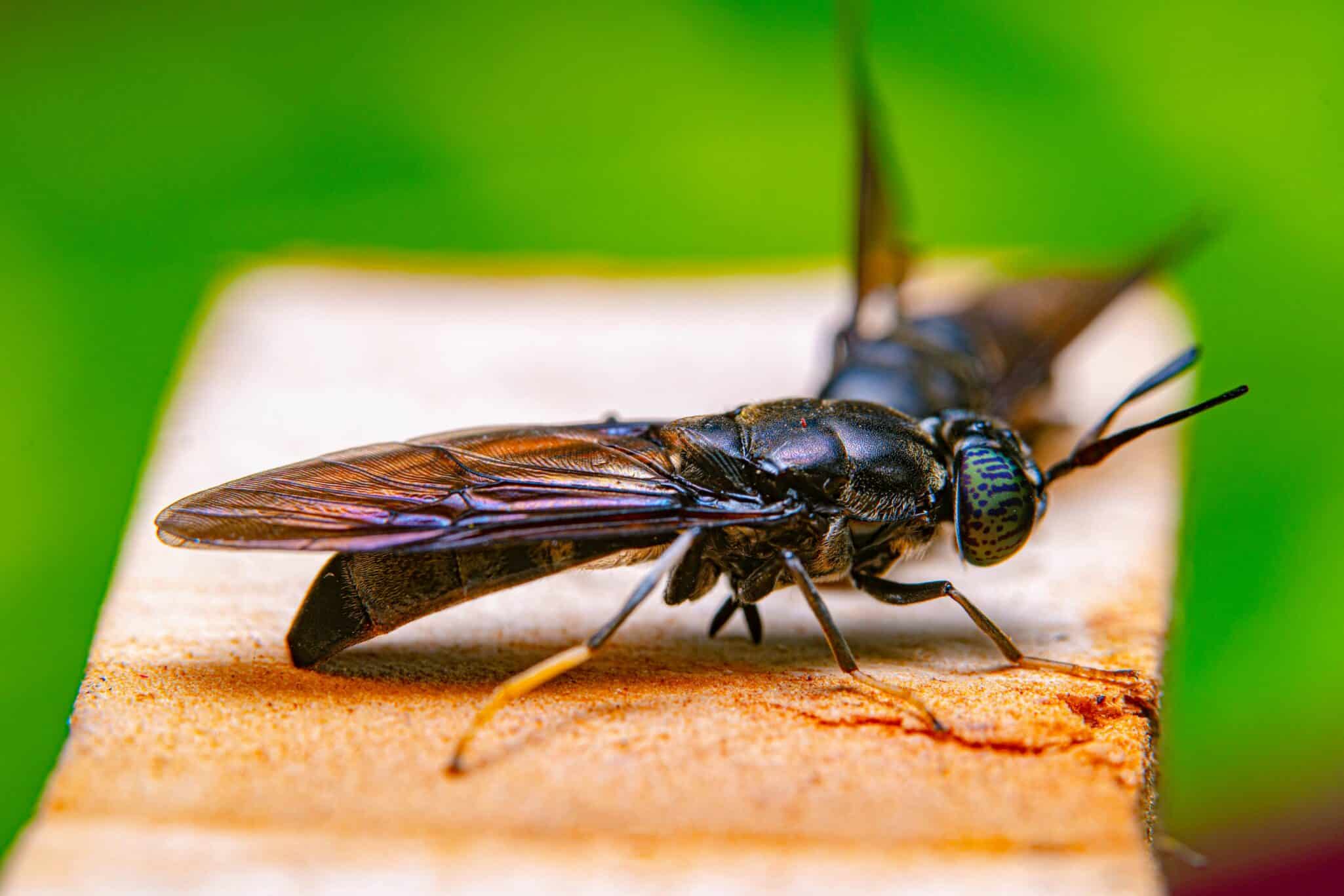Key Takeaways:
- NRGene Canada has signed its first commercial supply agreement for MaxBSF™ larvae, transitioning from R&D to full-scale production in the Black Soldier Fly (BSF) industry.
- The deal names Infinite Harvest Technologies Inc. (IHT) as the primary Canadian customer and partner for NRGene’s high-performance larvae strain.
- MaxBSF™ demonstrates 50–150% faster growth and twice the production speed of standard BSF lines, with improved feed efficiency and survival rates.
- The agreement follows the completion of NRGene Canada’s Saskatoon production facility and the planned construction of a larger Alberta facility for 2026.
- The company aims to supply large-scale BSF farms across North America, positioning genetics as a driver of insect farming profitability.
NRGene Canada Launches Commercial Operations with MaxBSF™ Agreement
NRGene Canada has officially entered commercial production with the signing of its first supply agreement for MaxBSF™ larvae, marking a significant step in the company’s expansion within the Black Soldier Fly (BSF) sector. The agreement establishes NRGene Canada as a supplier to Infinite Harvest Technologies Inc. (IHT), a Canadian CleanTech company that operates Bugs4Rent™, a BSFL-based system converting AgriFood waste into sustainable products for animal feed and soil enrichment.
Under the agreement, IHT will scale its waste-processing operations, designating NRGene Canada as its primary supplier of MaxBSF™ larvae by 2026. The partnership builds on trial phases that began earlier this year, setting the foundation for large-scale deployment of BSF genetics in commercial applications.
MaxBSF™: Improving Efficiency and Redefining BSF Production
MaxBSF™ is a naturally bred strain developed by NRGene Canada through the selective crossbreeding of multiple BSF lines sourced globally. Using NRGene’s AI-powered genomics platform, the strain combines favorable traits for industrial-scale production and performance optimization.
Extensive trials across multiple commercial facilities demonstrated:
- 50–150% faster growth compared to conventional BSF strains
- 7–8 day production cycles, compared to the 14-day industry standard
- Improved adaptation to variable feed types
- Higher feed conversion efficiency, producing more biomass per unit of feed
- 97% survival rate after two weeks in suspension, supporting large-scale logistics
These outcomes indicate that MaxBSF™ significantly reduces production time while enhancing productivity, offering producers a scalable and cost-efficient approach without requiring infrastructure modifications.
NRGene Canada Expanding Production Capacity Across Canada
The agreement follows the completion of NRGene Canada’s first commercial and R&D facility in Saskatoon, Saskatchewan, which began operations in January 2025. The company is also constructing a second site in Alberta with 20 times greater capacity, designed to meet increasing demand from industrial-scale BSF operations across North America. The new facility is expected to be operational in early 2026.
“Every farm animal has undergone natural genetic improvements to meet growing demand and improve farmer profitability. We’ve achieved exactly that for BSF,” said Gil Ronen, CEO of NRGene. “MaxBSF™ enables every BSF farm to double its productivity without any infrastructure adjustments. Our partners can now process twice the volume in the same footprint, turning organic waste into high-value protein more efficiently than before.”
Partnership to Accelerate Sustainable Waste Upcycling
Infinite Harvest Technologies Inc. will incorporate MaxBSF™ larvae into its Bugs4Rent™ platform to enhance on-site waste conversion efficiency.
“We’ve been working with MaxBSF™ larvae for several months, and the performance is exceptional,” said Luis Ortiz, CEO of IHT. “With MaxBSF™ and our partnership with NRGene Canada, we can process twice the waste and produce twice the protein, which directly reduces the required on-farm investment and footprint. The speed, survival rates, and consistency give us the confidence to scale sustainably.”



2 Comments